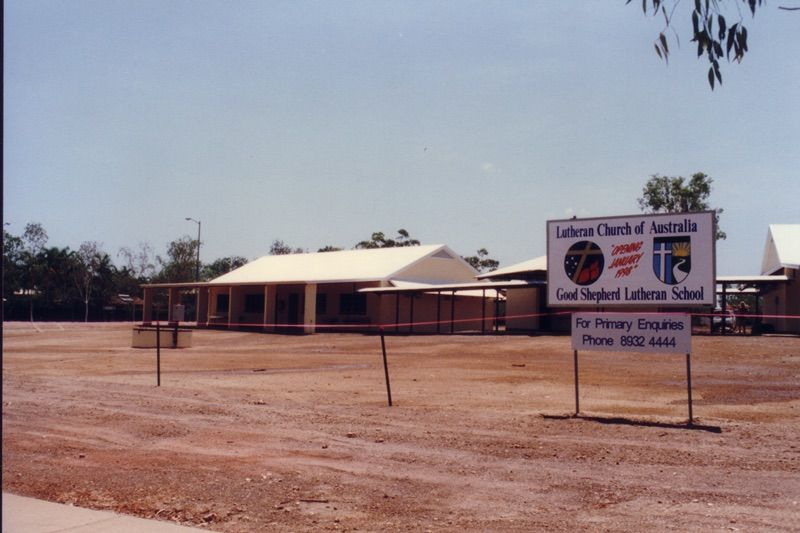The Terrific Value of "New"
I’ve never forgotten the excitement of turning the pages of a new exercise book, covered by my conscientious mother in first brown paper, then a pasted picture from some calendar or magazine and finally with fine plastic that clearly had a dubious length of life. I can’t remember whether covering our books was an option or whether it was mandated and if you didn’t you would get into trouble - getting into trouble was part of the norm, in my memory.
However, I was proud of how my book was covered as my mother was clearly more skilled than the mothers of many of the other children in the class. My brother was extremely neat (and still is) and I was naturally untidy (and still am) and I think part of my mother’s care was to encourage me on the unnatural path to neatness. As teachers, these days, we try to encourage good habits by demonstrating, setting an example and rewarding rather than scolding.
Back to the book. The newness of it and the careful covering did set up a feeling of pride. By grade 4, I was still sloppy with my work, but by grade 5 I had adopted my mother’s passion for keeping a neat exercise book. My year 7 Poetry Exercise book from 1963 now sits on my bookshelf in easy reach. It was from this first lesson that the St Philips new motto emerged in 1988. The illustration on the relevant was carefully executed by me, the writing was in the fine cursive of the day and I’m still proud of it. I can still remember the excitement I had when I viewed the pristine first clean page for the year and my determination to only put the best marks on it.
As a Principal I used to say to the school how important was the first page and what value there was in putting only their very best marks on it. It is indeed an opportunity for a student to really do their best from the start. When a book is worn and tatty it is much harder to do this. Lesson - avoid a book becoming worn and tatty - really value taking care of it. I guess the same can be applied to work on a computer. My father used to say, “near enough is good enough as long as it’s perfect”. He was a practiced perfectionist, his standards were often out of reach, but we got his message.
“Macavity the Mystery Cat” was lesson 2. I enjoyed the poem, and it was a good introduction to the 1939 poetry collection “Old Possum’s Book of Practical Cats” by T.S.Elliot. On the blank page I drew a very fine “Macavity” but unfortunately, he looked more like a dog that a cat. However, I was rewarded with an excellent, probably because I gave it a really good go.
Another Poem we were studying had the words “Blood Red Was the Moon”. Determined to be authentic, when I drew the relevant horse, rider and night sky with a large moon, I pricked my finger and painted the moon with my blood. The thought was that it would be fiery red like a “Blood Moon”. The person supervising knew that I was on a mission to failure, for with my blood the moon simply turned brown. Huge disappointment!
However, what was wonderful in the teaching was that I wasn’t told no but was rather given the opportunity to find out for myself. Back to my Poetry teacher who was also my Science, English, Geography and History Teacher, who took me and eight others the following year on his annual hike to the Lighthouse on Wilson’s Promontory. He was gifted and certainly inspirational. Yes inspirational. Some teachers are naturally inspirational, but I believe that most can lean to be inspirational. I also think that Principal’s should work at being inspirational, as they are truly not simply administrators but the Educational Leaders of their School.
I’ll pause at this juncture and list some of the lessons which may be useful.
- The lesson of the first, pure, blank page in a book (and the computer equivalent) is worth thinking about and can be well used as an effective analogy.
- The teacher shows by their actions that they really care about the outcome.
- Example is one of the World’s great teachers. *Demonstrating, setting an example, rewarding rather than scolding, is often the best way.
- Change in a child can take a long time - it is unlikely to happen overnight.
- “Near enough is good enough as long as it’s perfect.”
- Reward a child for having a go, regardless of the outcome.
- Principals are not just administrators, they are the Educational Leader of the school.
- Teachers should be or learn to be inspirational. Boring doesn’t work.
- Principals should believe in themselves and the fact that they can be inspirational.
- But it is not only the students who should start the year with a pristine page - teachers should and I believe Principals should also.
- As a Principal it is always good to reflect on what went well last year and what didn’t go so well. It is then helpful write some useful words on this brand new blank page which shouldn’t be lost. I like to get an interesting note book to do this and keep it in a prominent place. Bits of paper and computer notes are easily lost or forgotten.
I know many schools have staffing and security challenges. However, a positive approach and positive thought can ultimately make a difference, even when things are tough. I really hope this is a satisfying year for you, your staff and your students. Good Luck!
Written by Chris Tudor



